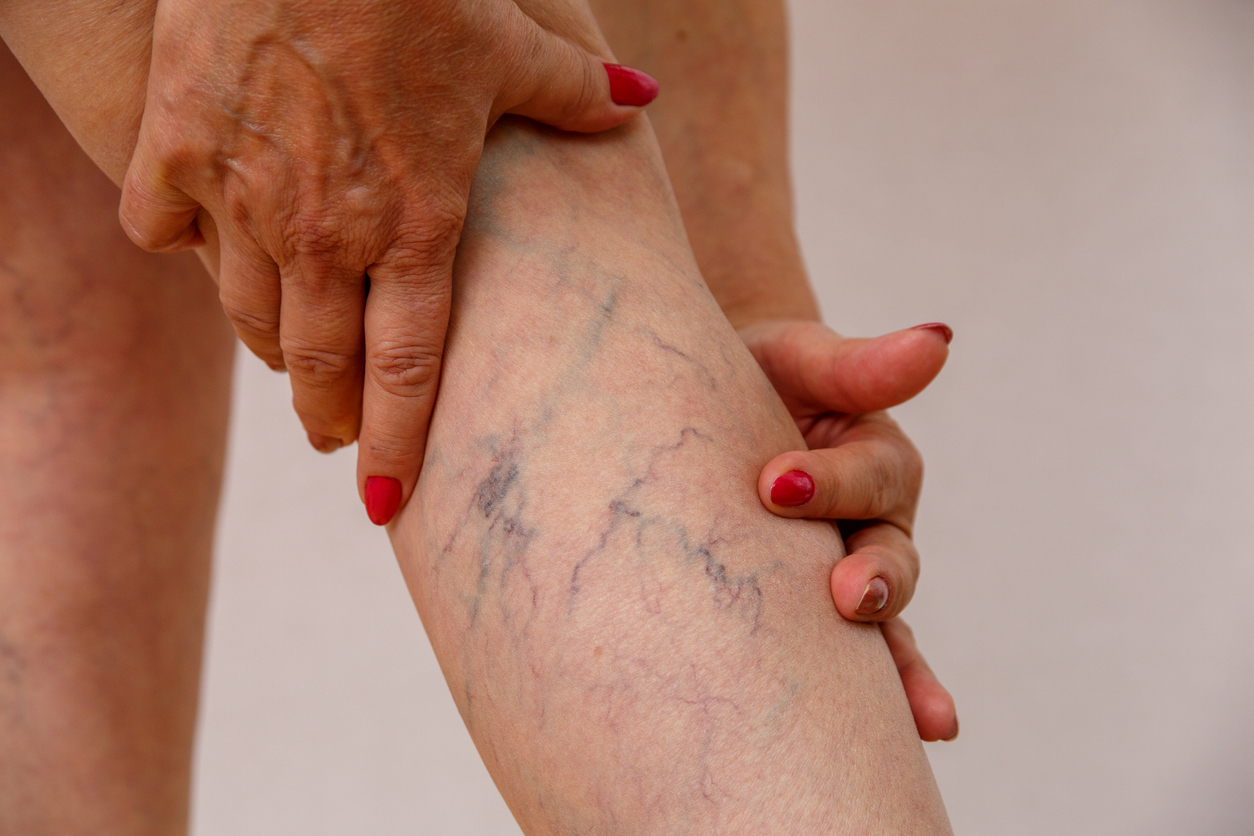Varicose Surgeons Vs. General Surgeons: What's The Difference?
- - Category: Diseases & Conditions
- - 10 Dec, 2024
- - Views: 4
- Save
When dealing with varicose veins, it’s essential to understand which specialist is best suited for treatment.
When dealing with varicose veins, it’s essential to understand which specialist is best suited for treatment. Many people wonder whether to see a varicose vein surgeon or a general surgeon when they first notice the symptoms of varicose veins. While both types of doctors are surgeons, their expertise and approach to treatment differ significantly. This article will explore the differences between varicose and general surgeons to help determine which doctor you should consult for varicose veins.

Who is a Varicose Vein Surgeon?
A varicose vein surgeon, or vein specialist, is a medical professional who focuses specifically on diagnosing and treating vein-related conditions, including varicose veins. These surgeons have advanced training in the anatomy, physiology, and treatment of veins, particularly in the legs, where varicose veins are most commonly found. A varicose vein surgeon has in-depth knowledge of different treatment methods, such as sclerotherapy, laser therapy, and endovenous ablation. Their expertise ensures you receive the most effective and minimally invasive treatment options for varicose veins.
Varicose veins, swollen, twisted veins often visible under the skin, can cause discomfort and health issues like aching, swelling, and ulcers. A specialized varicose vein surgeon is well-equipped to treat these conditions with procedures tailored to your specific needs.
What About a General Surgeon?
A general surgeon, on the other hand, is a medical doctor trained in a broad range of surgical procedures. While general surgeons can handle various medical conditions, their expertise focuses on something other than veins. For patients with varicose veins, a general surgeon may not be as specialized in treating vein-related issues as a varicose surgeon.
A general surgeon’s training covers general surgeries like appendectomy, hernia repair, and gallbladder removal. While they may perform a vein procedure in some instances, their approach might not be as refined or specialized for varicose veins. General surgeons are more likely to recommend conventional surgeries involving longer recovery times or more invasive methods.
Key Differences in Treatment Approaches:
The primary difference between varicose vein surgeons and general surgeons lies in their treatment approaches. Varicose vein specialists offer minimally invasive treatments that aim to reduce pain and recovery time. These procedures include:
- Endovenous Laser Treatment (EVLT): Uses laser energy to close off problematic veins.
- Sclerotherapy: A solution is injected into veins to shrink them.
- Vein Stripping: A surgical procedure to remove more prominent varicose veins (less common now).
On the other hand, a general surgeon might recommend more invasive procedures like vein stripping or ligation, which can have a more extended recovery period and a greater risk of complications.
How Do You Choose the Right Doctor?
Choosing the right doctor for varicose veins depends on the severity of the condition. If you have mild varicose veins or symptoms like aching or heaviness in your legs, consulting a varicose vein surgeon is often the best choice. For more complex cases, such as ulcers or large varicose veins, that require surgery, a specialist will provide a tailored treatment plan that suits your needs.
Why Seek a Vein Specialist?
When looking for the proper treatment for varicose veins, prioritizing expertise is essential. A varicose surgeon brings specialized skills and knowledge that ensure effective, less invasive treatments. If you have concerns about your veins, it’s best to seek out a specialist who focuses on this area of health and offers the most advanced and up-to-date treatment options.
Understanding the differences between a varicose veins doctor and a general surgeon can help you make an informed decision. Always consult a doctor with experience treating varicose veins to ensure you receive the most effective care.

